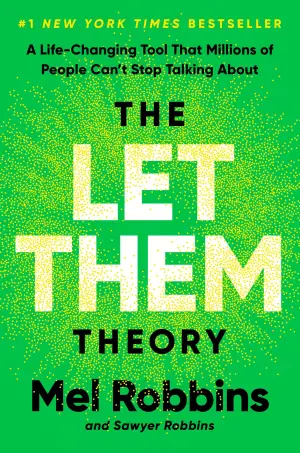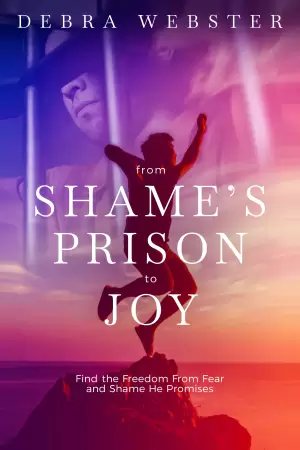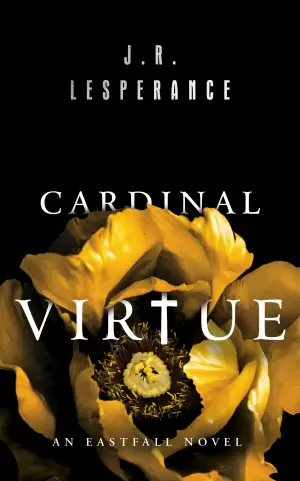Ready Player One: A Journey Through Virtual Realms and Human Depth
When I first picked up Ready Player One by Ernest Cline, I was drawn in by its vivid promise of an immersive adventure set in a futuristic world teetering on the brink of collapse. As a lover of both technology and storytelling, I couldn’t resist diving into a narrative that so boldly explored the intersection of reality and virtuality. Little did I know, this thrilling ride would prompt me to reflect deeply on the delicate balance between our digital obsessions and the tangible realities we often neglect.
Set in the year 2044, Ready Player One paints a hauntingly vivid picture of a planet beleaguered by resource scarcity and environmental decay. Enter Oasis, a sprawling virtual universe created by the enigmatic James Halliday, which offers users an escape from their grim reality. The premise invites readers to ponder: If faced with a world in ruins, would we choose the balm of digital escapism or confront the discomforts of reality? This central dilemma resonated with me as I grappled with my own experiences in a digital age where our homes become our havens, often at the expense of real-world connections.
The protagonist, Wade Watts, transports us into this world of code and nostalgia. His struggle with isolation and insecurity struck a personal chord, reminiscent of my own younger years when I often sought refuge in virtual spaces. Wade’s dual existence—one as a fearsome competitor in Oasis and another as a lonely, uncertain boy in a dilapidated reality—was compelling and relatable. I found myself empathizing with his desire to escape, even as I simultaneously recognized the necessity of engaging with the challenges that life presents.
Cline’s writing is both engaging and immersive, effortlessly blending thrilling narrative with rich cultural references, particularly from the 80s. This aspect of the book is not just a nostalgia trip; it serves as a reminder of the hard work and creativity behind our favorite games and entertainment. Moments that evoke excitement during the egg hunt for Halliday’s Easter egg sharply contrast with the dismal realities of Wade’s world, creating a dynamic interplay that kept me turning pages long into the night.
One quote that lingered with me was, “The world was a desolate wasteland, but my mind was alive.” It encapsulates the very essence of the book: the dichotomy between a decaying world and the vibrant, limitless possibilities found in our imaginations. It’s a sentiment that mirrors our current digital landscape, where technology offers both a refuge and a potential pitfall.
Ultimately, Ready Player One is not just for gamers or tech enthusiasts; it’s for anyone who has ever felt the pull of escapism in a chaotic world. It’s a celebration of imagination while also serving as a cautionary tale about what we may sacrifice in our pursuit of digital pleasures. This narrative made me reflect on my own balance between the virtual and real worlds, reigniting a desire to experience life outside my comfort zone.
As I close the chapter on this exhilarating read, I find myself eager to dive into Ready Player Two. If you’re seeking a book that cleverly intertwines adventure with poignant reflections on our digital age, Ready Player One awaits you. It’s a journey worth taking, one that just might rekindle your own adventures in both virtual realms and the world outside. 🌌🎮
Discover more about Ready Player One (Ready Player One, #1) on GoodReads >>












